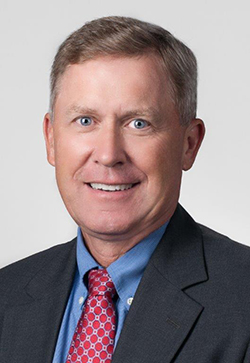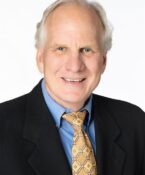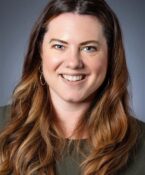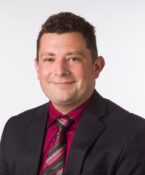Panel at TCU discusses effective ways to combat opioid crisis
By Jan Jarvis

A nasal spray of the drug Naloxone can instantly reverse the effects of an opioid overdose and save someone’s life.
At a time when 115 Americans die daily after overdosing on opioids, the drug could have a huge impact, a panel of experts said at the TCU Annual Health Care Forum “The Opioid Crisis: Getting to the Bottom Line.”
“The challenge is it’s just not widely accessible,” said Charles Taylor, Pharm. D., Dean of the UNT System College of Pharmacy. “But it certainly needs to be.”
When someone shows the symptoms of an overdose – unresponsiveness, paleness and pin-point pupils – Naloxone, also known as Narcan, can get them breathing, said panelist Glen Hardesty, DO, of Emergency Medicine Texas Health Resources. The drug has no negative effects if it turns out the person has not overdosed.
“Narcan is one of the key things to addressing the epidemic,” he said. “It is a lifesaver like glucose is to a diabetic.”
Despite efforts to combat the opioid epidemic in this country, there were more than 64,000 overdose deaths in the United States in 2016. Americans consume 80 percent of the world’s supply of opioids, Dr. Taylor said. Yet they make up about 4.6 percent of the world population.
Overdoses are the leading cause of accidental deaths in the U.S., said panel moderator Stuart Flynn, MD, Dean of the TCU and UNTHSC School of Medicine.
“It is the leading cause and No. 1 preventable killer,” he said.
Today there are 2 million opioid addicts in the United States. The economic burden nationwide is estimated at $78 billion.
People typically start out taking prescription opioids for relief from short-term pain but then become addicted and start doctor shopping or using illegal drugs.
The drugs work by triggering the pleasure center in the brain, causing euphoria, decreasing anxiety and reducing pain, said Carol Nati, MD, Medical Director of NHMR of Tarrant County. But tolerance builds quickly, leading to addiction. Someone who starts out taking one or two pills a day needs 10 pills four times a day, she said.
There’s much that can be done to raise awareness and address the opioid epidemic in the community.
Barriers to getting Naloxone, such as cost and stigma, need to be removed, Dr. Taylor said.
One of the goals is to flood the community with Naloxone, Dr. Nati said.
People should also know what to do if they suspect someone has overdosed.
Call 911 first, she said. And don’t waste time on folklore that suggests an ice bath will help.
“Nothing is further from the truth,” Dr. Hardesty said. “If you put someone in an ice bath and then bring them to the hospital 45 minute later, I can’t help them.”





Social media